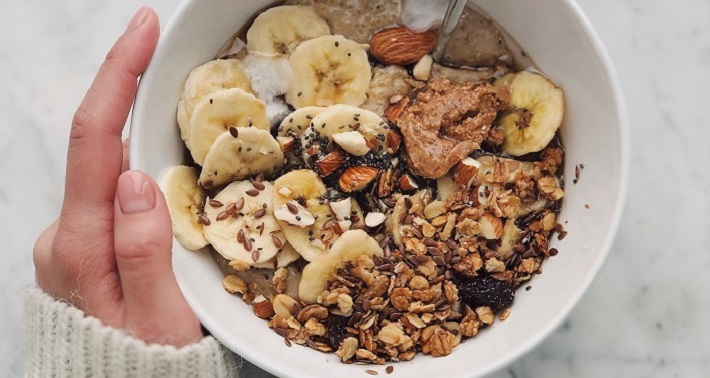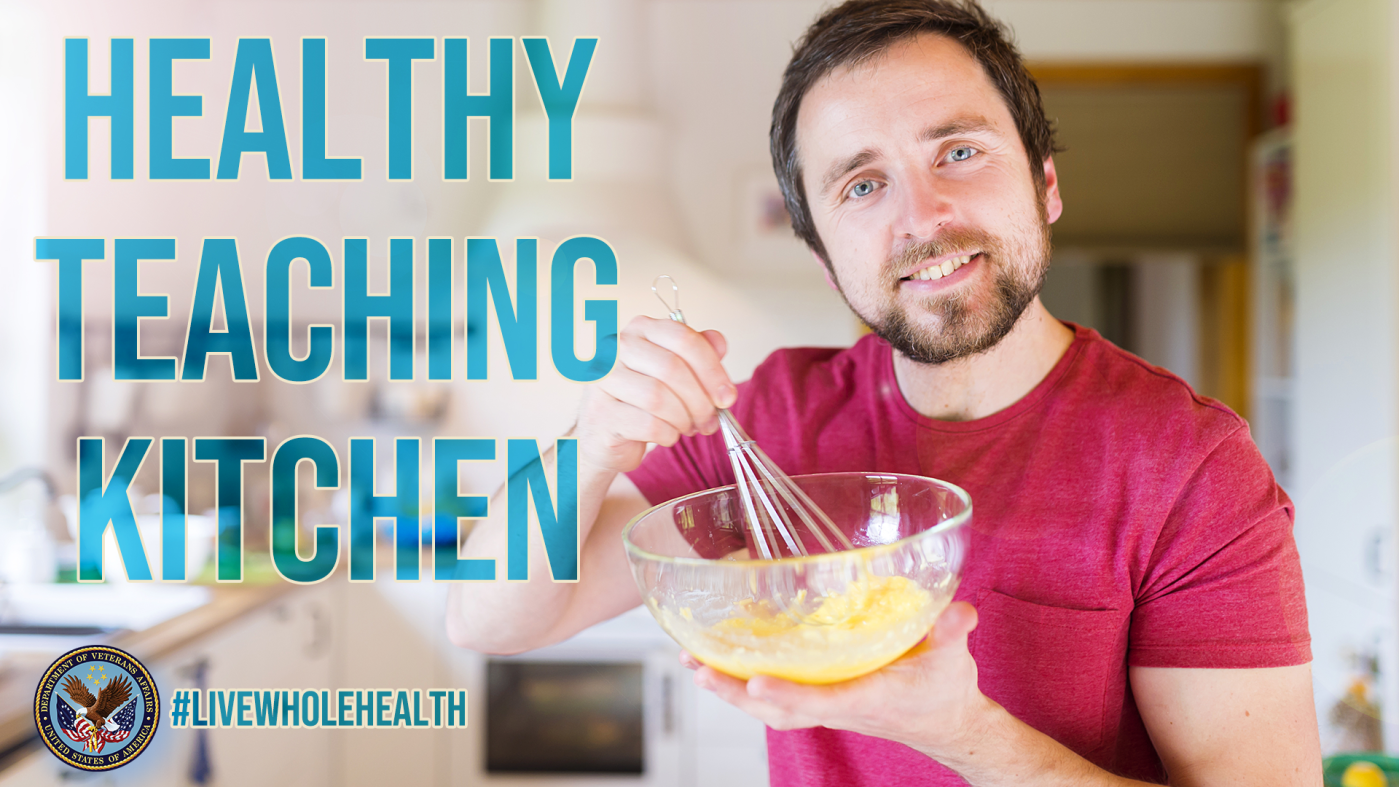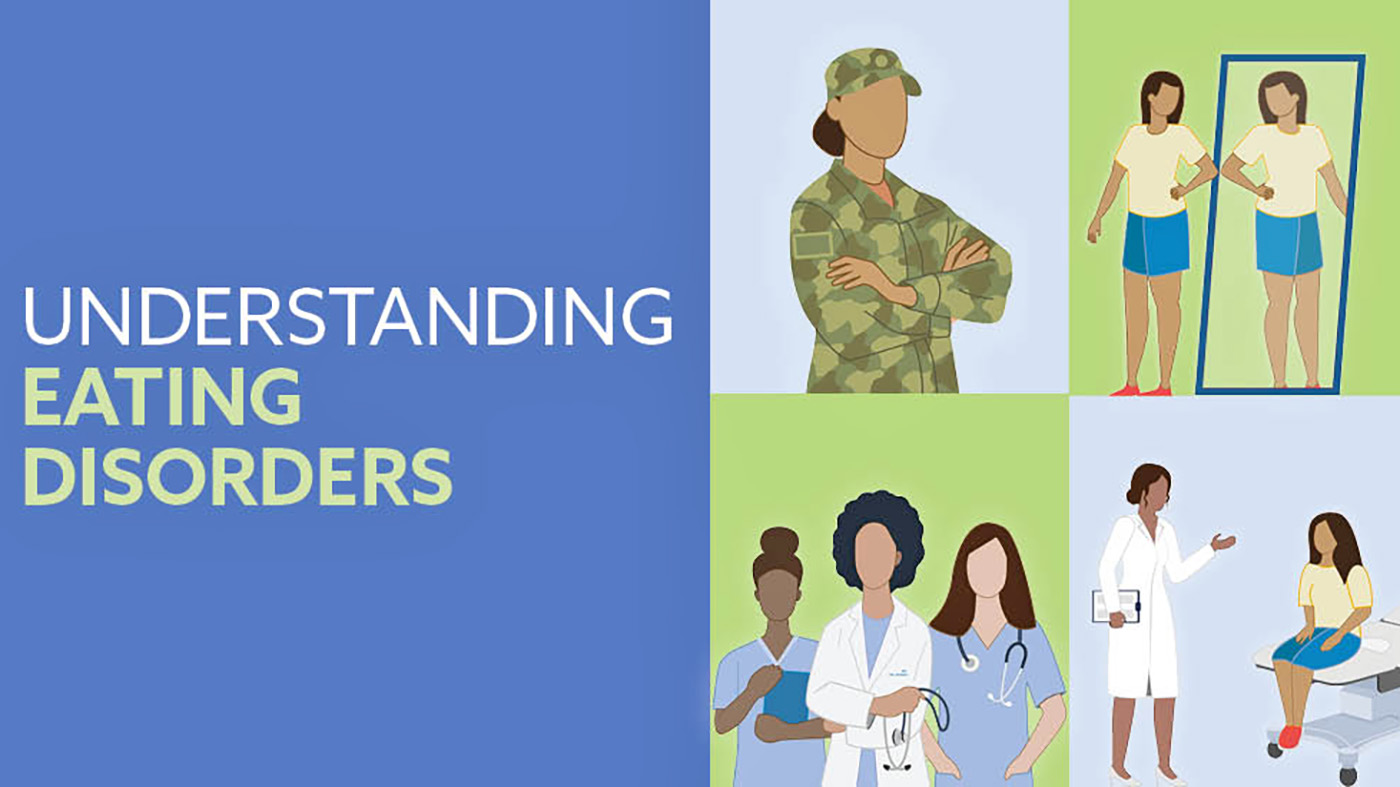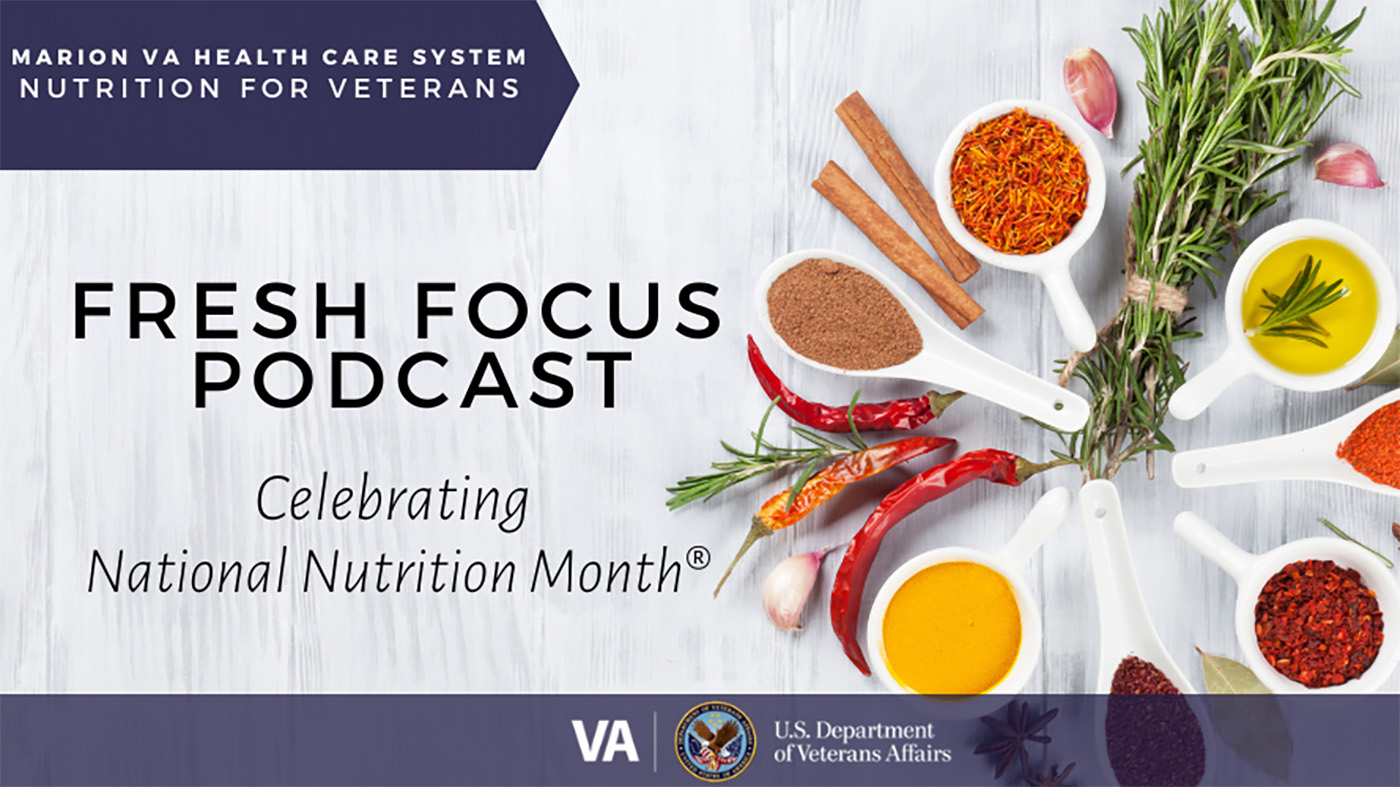Mindfulness is a buzz-word that everyone seems to be using, but it means something slightly different to each person. My own perspective on it has shifted dramatically in the past year as I began to explore the concept of mindfulness in cooking, eating, and nutrition.
As a dietitian, I tend to be very aware of what I’m eating down to the calorie, carbohydrate, protein, and fat content. But that awareness is not mindful eating.
Here’s the formula I use to introduce my students to the practice:
MINDFUL EATING = AWARENESS – ANXIETY
In recent years, healthy eating has become a confusing and controversial topic. While it is certainly an important subject, when eating “healthy” becomes a stressor rather than an enjoyable and natural part of life, there’s something wrong. When we feel so guilty for eating the foods that we enjoy that we can hardly allow ourselves to truly enjoy them, and we can’t even make the time to sit down to eat in peace, there’s something wrong.
Mindful eating is not so much about what we eat as how we eat. I like to think of it as an art, made beautiful by variety, flavor, and understanding of the needs of our bodies and minds.
Here are some things to remember as you start on your mindful eating journey.
- Not all “hunger” comes from the stomach. Appetite often triggers desire for food based on seeing or smelling a favorite food. Emotional hunger may stem from emotions like depression, anger, boredom, or tiredness. Brainstorm some helpful, lasting ways to deal with those feelings instead, such as taking a walk, calling a friend or family member, or listening to some music.
- We are often drawn to foods that provide momentary pleasure, but then give us stomach cramps, headaches, and an energy crash later. Notice how foods affect you long-term, and take that into account when choosing what to eat.
- It takes several bites of food before you notice a difference in the way your body feels, and it takes several minutes before your brain alerts you that your stomach is full. Eat slowly, and notice the way your whole body feels as your stomach gradually fills.
- The extremes of being either too hungry or too full are unpleasant and avoidable. You can practice compassion toward your body by giving it what it needs when it needs it.
Like most worthwhile things, mindful eating is a journey, not a destination or an all-or-nothing venture. Start with simple steps, like setting an intention at the beginning of each meal, practicing self-compassion, or giving your full attention to your first and last bites. Check out this link for more information on mindful eating, including an exercise you can do at home to help guide you through the process.
Enjoy your food in order to be able to enjoy life itself more fully, but don’t let eating (or dieting) become the focus of your life.
Eat well, and choose to practice the art of nourishment.
For more information and guidance on how to eat well and feel well, contact your local VA to speak with a registered dietitian.

Topics in this story
More Stories
Grain salads pack a punch of vitamins, minerals and fiber. Check out this colorful, flavorful recipe in this week's #LiveWholeHealth video recipe.
As a Veteran, you may be at an increased risk for developing an eating disorder
VA dietitians with the Fresh Focus Podcast encourage us to celebrate the theme Beyond the Table







https://www.youtube.com/watch?v=3ZrgETZzb0A
A Veterans Administration nutritionist specialist should study these data findings and make a recommendation one way or the other.
The need to break down food while eating is a big first on the eating time.
What do people who have no teeth do.
Can’t afford to pay for dentures.
I’m that person Veteran. 90% disabled.
Can’t get teeth to eat proper.
So when you tell me to eat proper what are the foods that I can gum down. .?
I will check for a reply but I know there won’t be one
Hi Gregory, we appreciate your feedback.
VA offers dental benefits, but eligibility is limited by law. You can find information on VA dental care here: http://www.va.gov/health/services/dental/. VA also offers discounted dental insurance that any Veteran, no matter what rating they are, can enroll in. You can find info on that program here: http://www.va.gov/healthBenefits/vadip/.